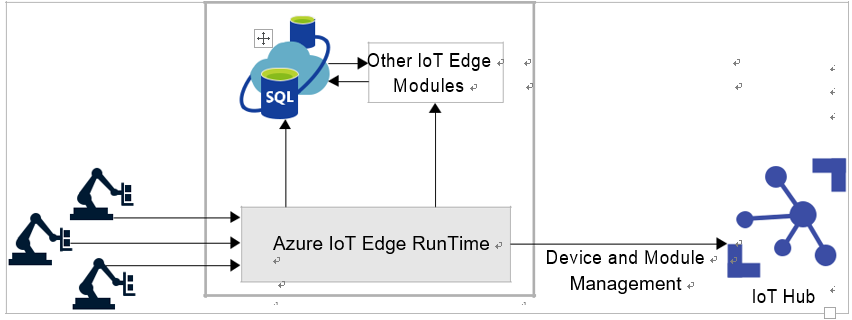Skill 2.2: Describe relational Azure data services
Having gained some familiarity with relational concepts and SQL, your next step is to explore relational data services within Azure. The Microsoft Azure cloud platform offers a suite of com-prehensive and robust data services, catering to a wide array of relational database needs.
In this section, you will uncover the specifics of Azure’s relational data offerings. You’ll delve into the Azure SQL family of products, learning how each product fits into different scenarios based on the specific requirements. You’ll explore the capabilities and uses of SQL Server on Azure Virtual Machines and how it offers flexibility in the migration process.
Furthermore, you will get acquainted with Azure database services for open-source data-base systems. Open-source databases have their unique features and community support, and
44 CHAPTER 2 Identify considerations for relational data on Azure
Azure provides first-class support for these systems, allowing you to leverage their capabilities in a cloud environment.
Upon completion of this section, you will have a good understanding of Azure’s relational data services, empowering you to make informed decisions about which service best suits your data requirements. Let’s begin this exciting journey into the world of Azure relational data services.
This skill covers how to:
- Describe the Azure SQL family of products including Azure SQL Database, Azure SQL, Azure Managed Instance, and SQL Server on Azure Virtual Machines
- Identify Azure database services for open-source database systems
Describe the Azure SQL family of products including Azure SQL Database, Azure SQL, Azure Managed Instance, and SQL Server on Azure Virtual Machines
Microsoft Azure provides a robust suite of SQL offerings, known collectively as the Azure SQL family. This portfolio of SQL-based services in Azure caters to a variety of needs, ranging from managing relational data to intelligent, cloud-native relational databases.
- Azure SQL Database: Azure SQL Database is a fully managed relational database service that provides the broadest SQL Server engine compatibility. It’s an intelligent, scalable service that offers seamless integration with Azure services such as Azure Active Directory and Power BI. Azure SQL Database supports built-in intelligence that learns your unique database patterns and automatically tunes the database for improved performance and protection. You can use it to build data-driven applications and websites in your programming language of choice, without needing to manage any infrastructure.
- Azure SQL Managed Instance: Azure SQL Managed Instance provides the broadest SQL Server engine compatibility and native virtual network (VNet) support. It’s a fully managed service, which allows you to migrate your SQL Server workloads to Azure with zero code changes. SQL Managed Instance is best for most migrations to the cloud as it provides a high degree of compatibility with the SQL Server programming surface area.
- Azure SQL Server on Virtual Machines: Azure SQL Server on Virtual Machines lets you run SQL Server inside a virtual machine in the cloud. This service is your best choice when you require full control over the SQL Server engine and the VM it runs on. It is suitable for migrating existing applications to the cloud with minimal changes or when you need SQL Server features that are not supported in Azure SQL Database or Azure SQL Managed Instance.
Skill 2.2: Describe relational Azure data services CHAPTER 2 45
■■ Azure Synapse Analytics: Formerly SQL Data Warehouse, Azure Synapse Analytics is an analytics service that brings together big data and data warehousing. It gives you the freedom to query data on your terms, using serverless on-demand or provisioned resources.
■■ Azure SQL Edge: Azure SQL Edge is an optimized relational database engine geared toward Internet of Things (IoT) and edge computing scenarios. It offers a small footprint that can run a variety of devices from low-power edge devices to high-performance edge servers.
Azure SQL Edge provides the same SQL engine that powers SQL Server and Azure SQL, making it fully compatible with your existing SQL tools and skills. It supports data streaming through built-in stream analytics, machine learning scoring, and storage tiering.
What’s even more exciting is that it allows data to be processed close to the source, mini-mizing latency and bandwidth usage. It can operate in connected, disconnected, and hybrid environments, synchronizing data with Azure SQL Database or Azure SQL Managed Instance whenever connectivity is available.
Figure 2-24 illustrates how Azure SQL Edge can fit into an IoT solution architecture.

FIGURE 2-24 Azure SQL Edge

Leave a Reply